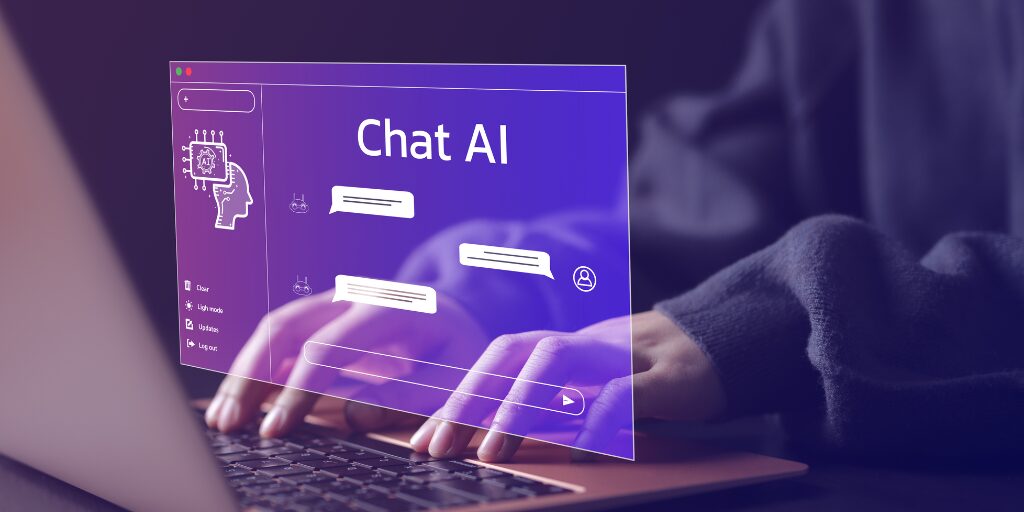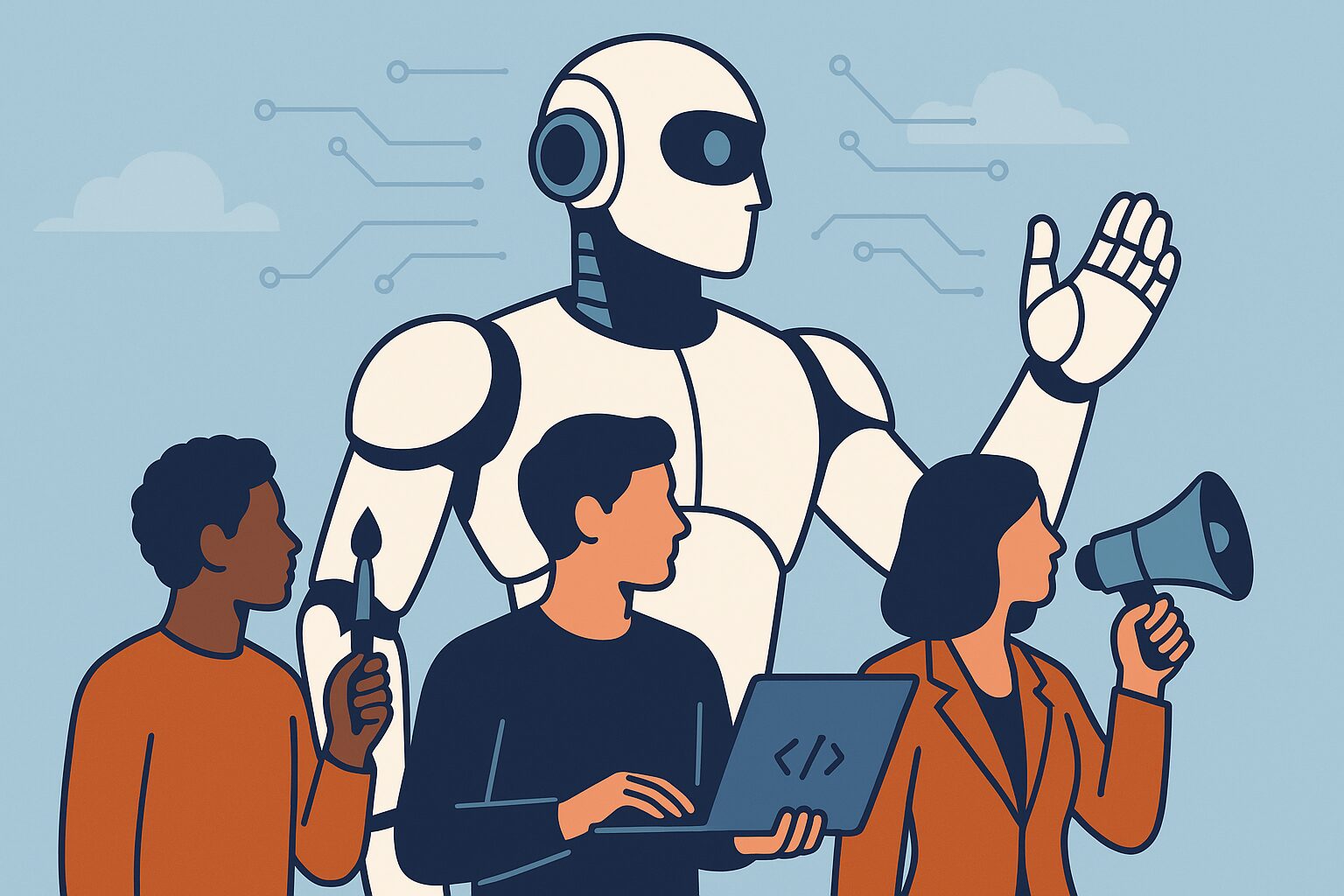As artificial intelligence (AI) continues to evolve, its integration into education is reshaping how students learn and interact with knowledge. Institutions are beginning to embrace AI not just as a tool, but as a partner in the educational process, preparing students for a future where these technologies are essential.
Key Takeaways
-
AI is transforming educational methodologies, emphasizing adaptability and problem-solving.
-
Institutions that resist AI may become obsolete, while those that embrace it will thrive.
-
Courses across various disciplines are incorporating AI to enhance learning experiences.
The Shift Towards AI-Driven Education
AI is no longer a futuristic concept; it is actively reshaping the educational landscape. Schools and universities are recognizing the need to adapt their curriculums to prepare students for a world where AI is integral to various professions. This shift is crucial as traditional educational models often emphasize rote memorization and standardized testing, which do not align with the skills needed in today’s job market.
Embracing AI in the Classroom
Educational institutions are beginning to integrate AI into their curriculums in innovative ways:
-
Curriculum Transformation
-
Innovative Course Offerings
Preparing Students for an AI-Integrated Future
Institutions like Willamette University are at the forefront of this educational revolution. Faculty members are not just adapting to AI; they are harnessing its potential to create deeper learning experiences. For example:
-
Law students learn to critically assess AI outputs, understanding the limitations of tools like ChatGPT.
-
Art students use AI as a creative partner, developing skills to interact with technology rather than passively consume its outputs.
-
Management students are taught to maintain human accountability when incorporating AI into decision-making processes.
The Future of Education with AI
The integration of AI in education is not merely about adopting new technologies; it is about reimagining the entire educational framework. As AI tools become more sophisticated, they offer unprecedented opportunities for collaboration between students, educators, and industry leaders. The institutions that will thrive are those that:
-
Recognize learning as a dynamic process that evolves with technological advancements.
-
Foster an entrepreneurial mindset among students, encouraging them to innovate and adapt.
-
Create partnerships with industry to bridge the gap between theoretical knowledge and practical application.
In conclusion, the future of education lies in the ability to adapt and innovate in the face of rapid technological change. By embracing AI, educational institutions can prepare students not just to survive but to thrive in an increasingly complex world.
Sources
-
How AI Is Transforming Education Forever, Entrepreneur.
-
Willamette faculty prepare students for an AI-integrated future, Willamette University.
-
New MBA Course Uses AI Tools to Help Students Stay on the Pulse of AI – News, Harvard Business School.




